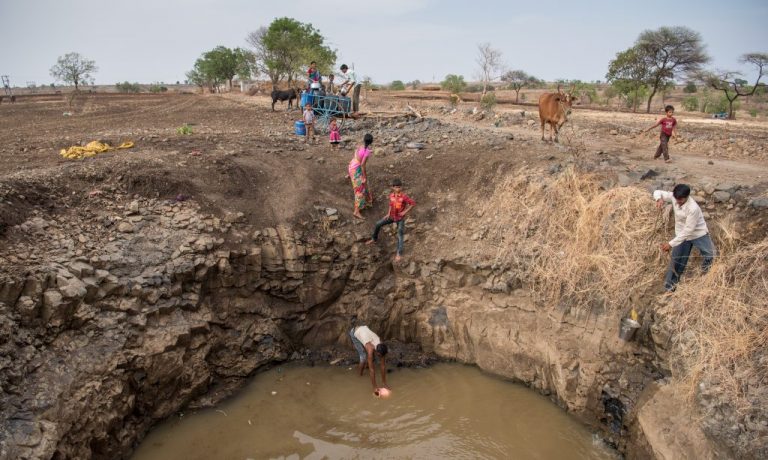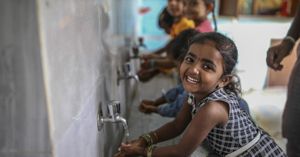Water, Sanitation and Hygiene initiative
Challenges
Government of India‘s mandate is availability and Sustainable Management of Water and Sanitation for all’, by 2030. In the last 4 years, it has increased its budgetary allocations under its National Water Mission and Clean India Movement to achieve the goal. NGOs like ours too continuing to the important task.
However, Rural India has the world’s largest open defecation problem, resulting in high child mortality and poor sanitation conditions. Such high number of open defecation remains due to lack of behavior change and cultural beliefs.
Lack of water, sanitation and hygiene facilities affect rural populations very high and they become victims of diarrhea, dysentery, worm infestations, anemia, malaria, cholera, respiratory diseases etc., which result in disease burden and mortality.


Our impact
The society has made a significant contribution by drilling and installing hand pumps in six underserved new settlements, primarily benefiting Dalits and workers. Additionally, the society has provided school toilets in schools where a large number of girls study, leading to an improvement in girls’ retention rates in school.
WASH education for behavior change:: The society implemented comprehensive behavior change communication programs to promote good hygiene practices like hand wash, safe water handling, grey water use for kitchen gardens, water conservation and sanitation behavior.
By implementing these elements in a coordinated and sustainable manner, the future plan can effectively address the challenges and amplify the positive impact of improved WASH services on public health, education, and overall well-being.
Subsequent Plan
The society is committed to construct household toilets to underserved and promote rainwater harvesting in Indigenous, and Dalit families comprising a strong WASH education.
